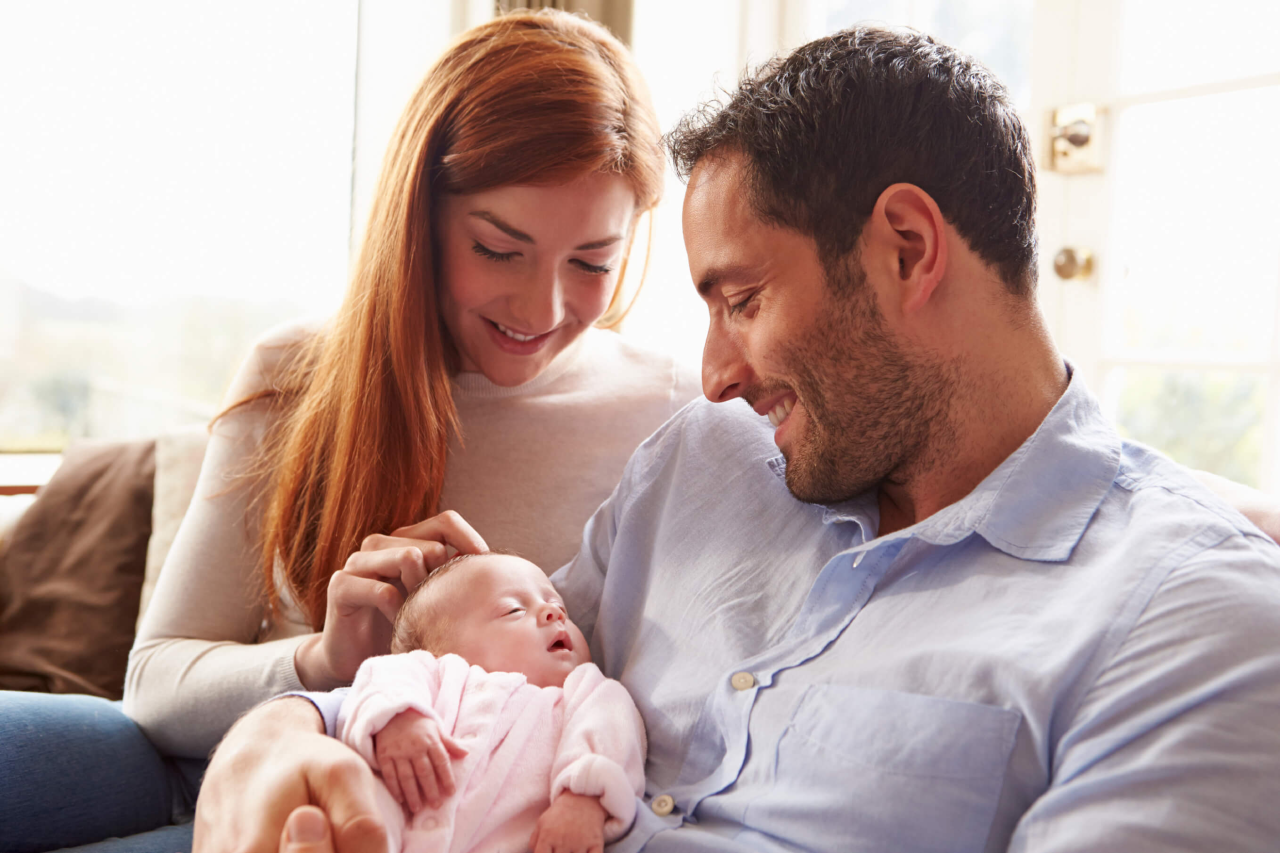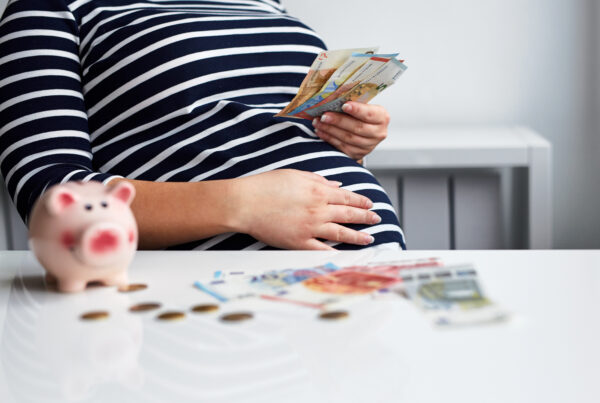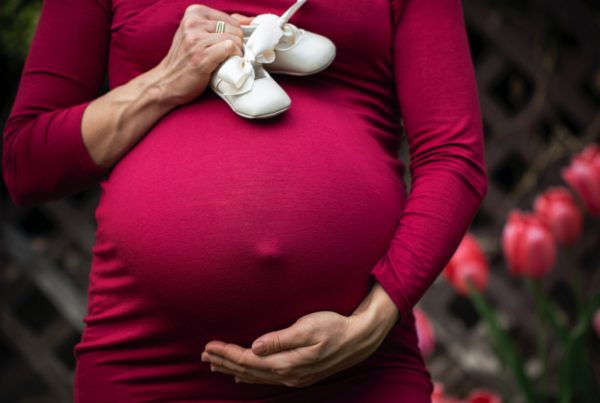If you’re wondering about the DNA or blood relationship between a surrogate mother and child, you’re not alone. It’s one of the most common questions we’re asked at Joy of Life!
The answer also depends in most cases on whether traditional or gestational surrogacy is used.
In this article, we’ll clarify the confusion and offer simple yes or no answers about surrogacy and genetics.
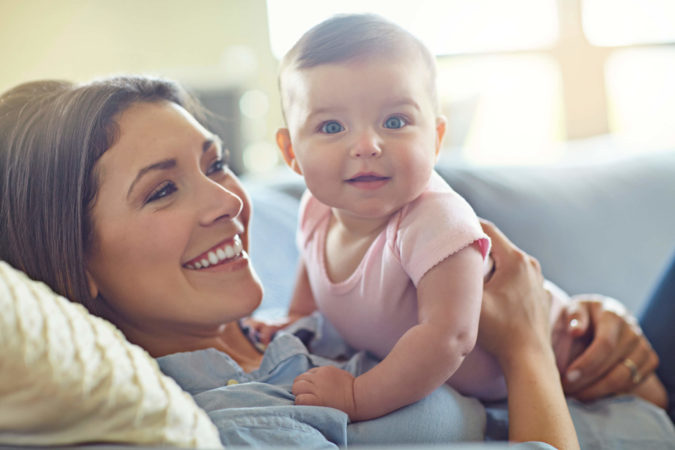
Image from https://www.orthokids.com.au/
Is the Surrogate Mother Genetically Related to the Baby?
The answer depends on the type of surrogacy and whose egg has been used in the process. It’s not about who carried the child in their womb.
- In traditional surrogacy, yes, the surrogate is the biological mother of the baby and therefore is genetically related to that child.
- In gestational surrogacy, no, the egg and sperm used can either come from the intended parents or from donors, so the surrogate mother will not have a genetic link to the child.
Traditional surrogacy involves the use of the surrogate mother’s own egg, which is subsequently fertilized by either the intended father or a donor in a lab. For this reason, traditional surrogacy is often very complex legally and emotionally. It’s also worth noting that where the law is concerned, this type of surrogacy is looked upon as more of an adoption.
In gestational surrogacy, the embryo that is transplanted into the surrogates womb is created via IVF. Therefore, the surrogate has no biological relation to the baby.
In other words, the baby’s genetic link is to whoever gave the egg and sperm, not who carried the embryo in their uterus.
Does a Surrogate Mother Share Blood with the Baby?
The child is only related by blood to the surrogate mother if the child was born through traditional surrogacy. This is because in traditional surrogacy, the egg used comes from the mother, so, yes, there is a biological relationship and, hence, a blood link between the surrogate child and the surrogate. By this same token, it can be said that the surrogate and baby are “blood” relatives.
If you’re merely curious about an exchange of bodily fluids between surrogate and child while the baby is still in the womb, then, yes, the two share blood relations while the baby is growing in the surrogate’s womb. This is why extensive screening is done to ensure that the surrogate is perfectly healthy before surrogacy begins.
If your question is whether or not the child and surrogate will have the same blood type, this isn’t always the case. Even biological mothers don’t always have the same blood type as their own children.
Does the Surrogate Mother’s DNA Transfer to the Child?
The specifics of genetics can be a complicated topic, but here is our attempt at simplifying things. Genes (which carry the traits passed onto the child) are found in DNA, a two-strand molecule with one strand from the egg donor and another strand from the sperm donor. When passing down DNA, the child only carries DNA from these two individuals. There is no room to add on more DNA.
- If the egg donor is the surrogate, then, yes, she transfers DNA to the child and is genetically linked to the child.
- If the egg and sperm are both from intended parents, then, no, the surrogate cannot add to or share DNA with the surrogate baby she is carrying.
If this is a bit hard to grasp, allow us to put it another way. DNA is not something that can be “picked up or transferred” once the egg and sperm have been fused. This means that a person’s DNA is set in stone and is unchangeable from this point on. Therefore, it doesn’t matter in whose womb the embryo is carried. The DNA is not going to change nor does the baby take on the surrogate’s own DNA.
Will the Baby Inherit the Surrogate’s Physical Traits?
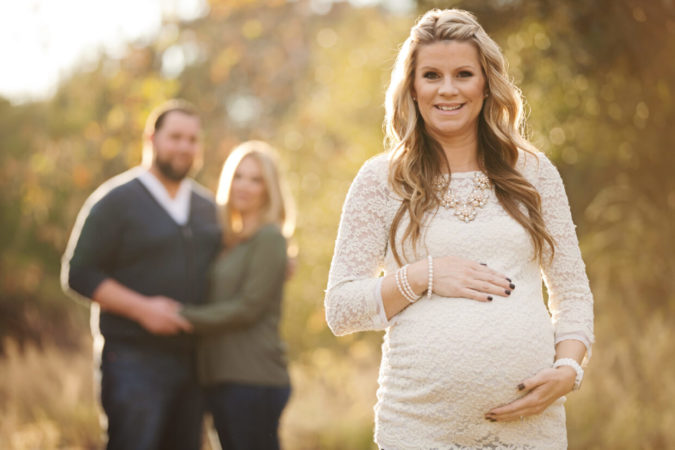
Image from https://medium.com/
Intended parents often desire to know who the baby will look like, whether it’s the surrogate once gestational surrogacy is done, or if the child will resemble them.
The child is most likely going to resemble the two people whose egg and sperm were used to create the baby.
If we’re talking about the case of traditional surrogacy where the surrogate mother donated the egg, then the child is highly likely to resemble the surrogate.
However, if the surrogate is only the carrier and has not contributed any DNA, as in the case of gestational surrogacy, then no, the baby will have no physical resemblance to the surrogate baby she carried.
On the other hand, it is possible for the baby to look like the intended parents. This can happen if the intended parent’s egg and sperm are used to create the embryo that is then transferred to the surrogate’s womb. It’s good to also note that, while this can happen, it’s not a full guarantee that it will work out this way.
In essence, the baby will resemble whoever gave the egg and sperm that were used to create them. It’s not about who carried the baby.
Team Up with Joy of Life – An Experienced California Surrogacy Team
The surrogacy journey is one that needs support and an experienced team to work with. You don’t have to do this alone.
Whether you’re intended parents or a woman considering becoming a surrogate, each of us here at Joy of Life® has been in your shoes before at some point.
Many on the team at Joy of Life® Surrogacy are either former surrogates ourselves or former intended parents. For this reason, we understand the journey. From the emotional, legal, and financial side of things, we can share this process with you.
Get in touch with one of our friendly staff members today!
*This article was reviewed by Joy Millan, Founder and CEO of Joy of Life Surrogacy.

